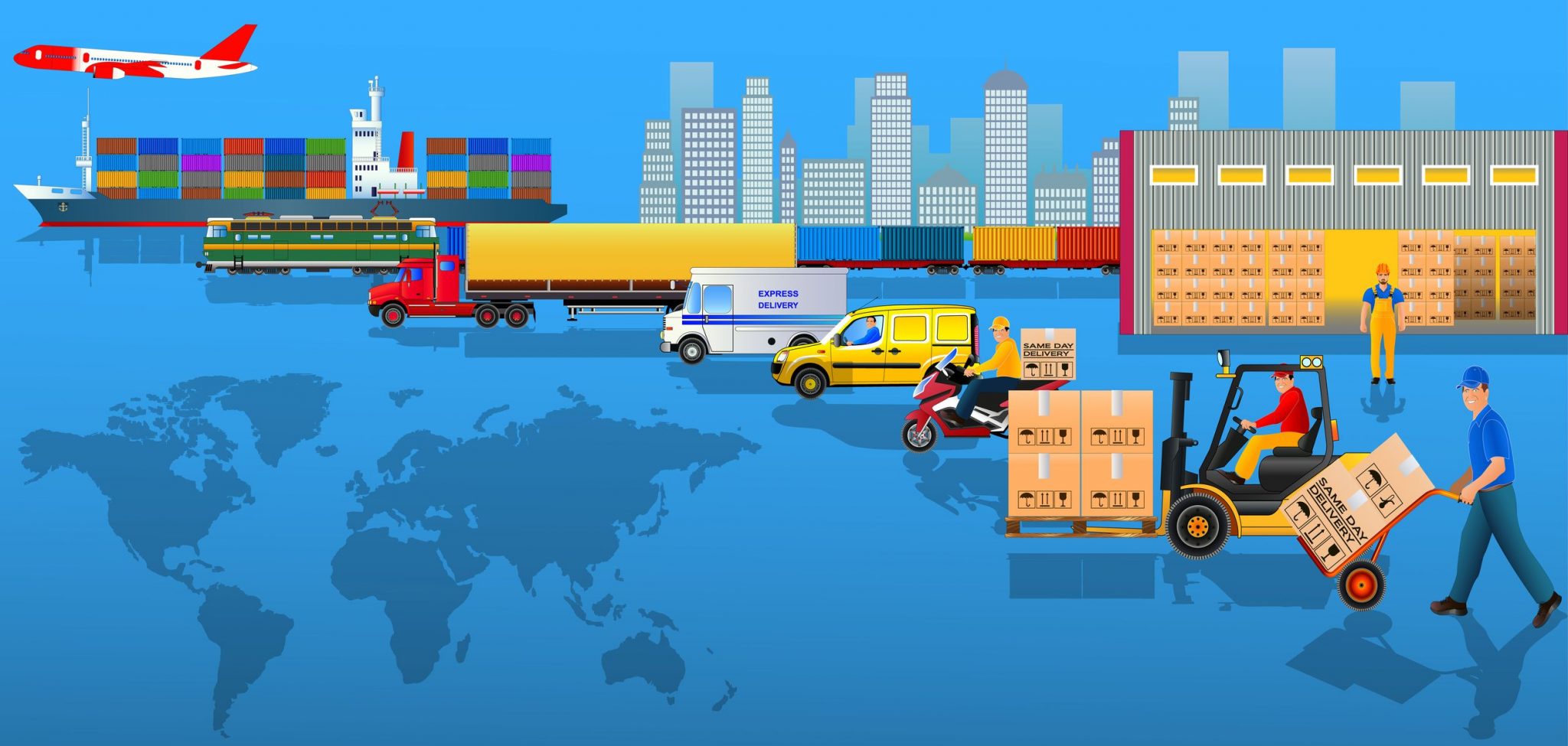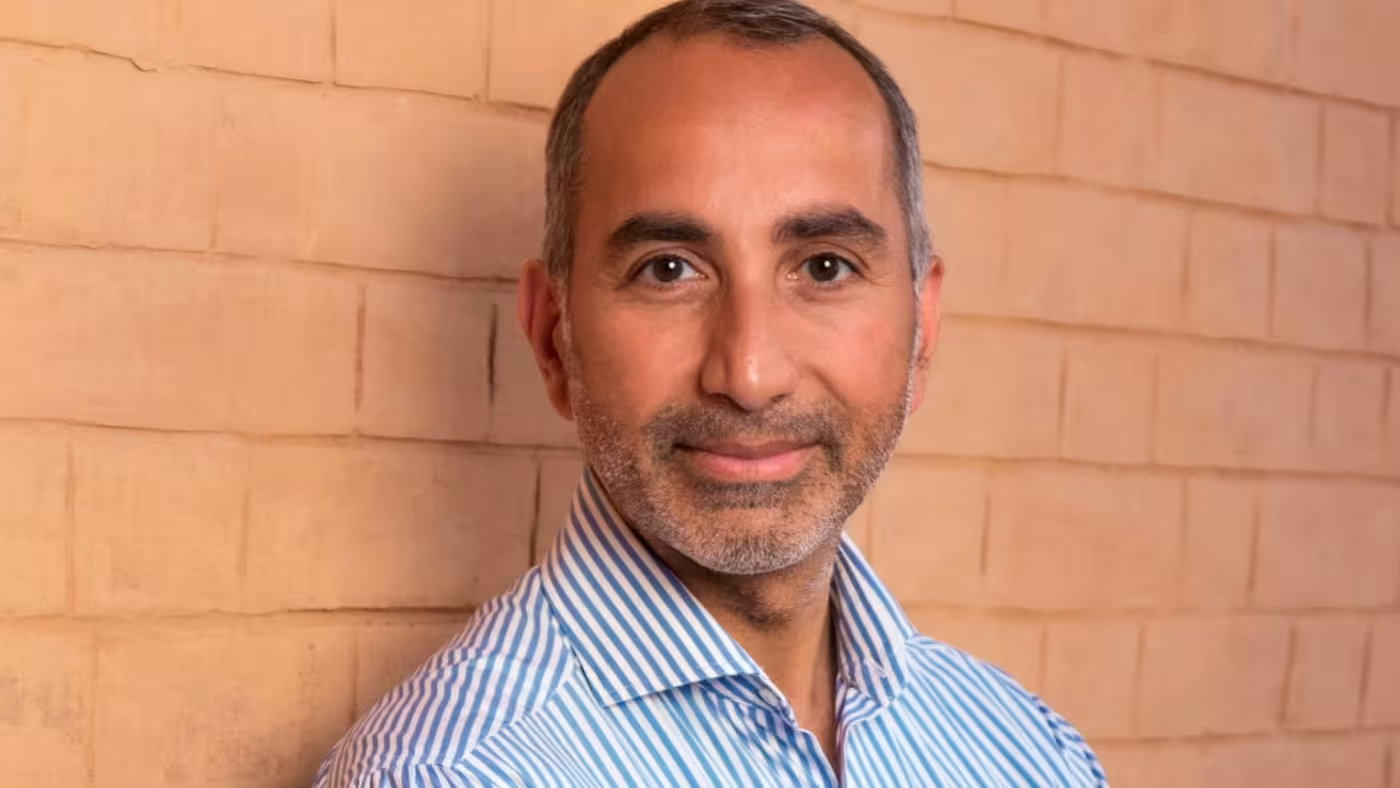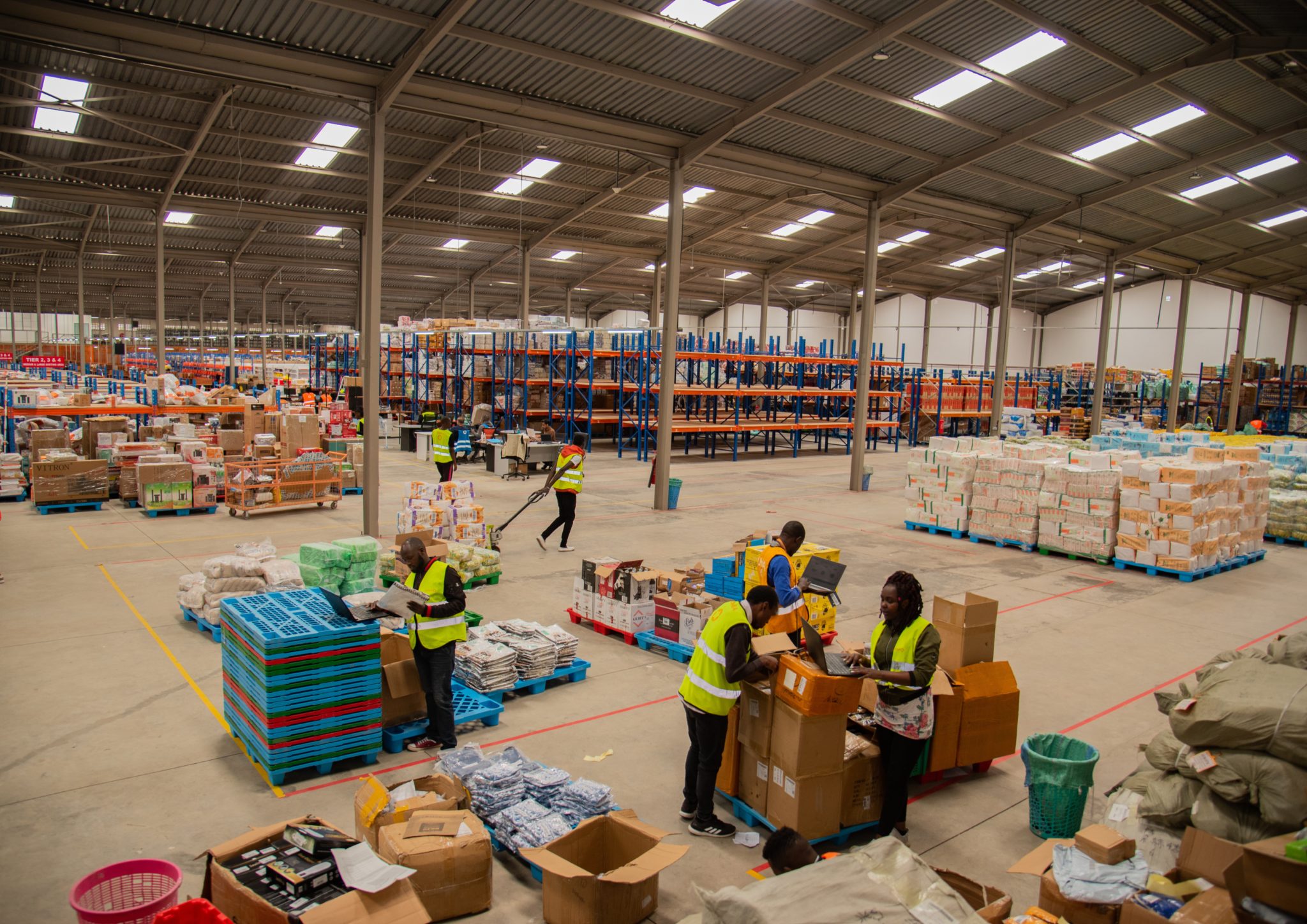2024 was a challenging year for Nigeria’s e-commerce and logistics sectors. Fuel prices quadrupled, inflation soared, and businesses and customers alike struggled to keep pace with skyrocketing costs.
“Everyone was in survival mode,” said Ope Onaboye, CEO of Renda, the only Nigerian logistics startup that raised VC funding—$1.9 million—in 2024.
We asked eight founders and investors to look into the crystal ball and predict what 2025 holds for the industry. Despite the past year’s challenges, many are optimistic about the future.
Industry experts believe that the Dangote and Port Harcourt refineries will lower energy costs, easing operational costs across the supply chain.
Others point to global supply chain policies and innovations around food waste management as factors that could reduce food prices—one of the key drivers of Nigeria’s headline inflation.
There is also hope that more e-commerce and logistics companies will achieve financial stability by increasing exports to earn dollar revenues. More mergers and acquisitions are expected after MaxAB and Wasoko decided to join forces in 2024 to create a category king.
What’s a conversation about 2025 without artificial intelligence? At least three founders say AI will significantly change processes in many online marketplaces.
Here are the predictions—and the prophets:
Prediction 1: The year of social commerce
Luther Lawoyin, CEO of Pricepally:
The gap between online and offline retail will shrink even further. Digital-first retailers will open physical stores, and brick-and-mortar businesses will invest in e-commerce. This hybrid approach will dominate as consumers seek convenient and trustworthy shopping experiences, blending the best of both worlds. Platforms like WhatsApp and Instagram will play a bigger role, especially for small businesses. They offer affordable, direct ways to engage customers, making them essential for scaling and reaching new markets.
Prediction 2: The year of pivots, mergers and acquisitions
Samuel Okwuada, CEO of Remedial Health:
Unfortunately, the supply chain sector in Nigeria will continue to face the same challenges as in recent years. Global disruptions, local currency fluctuations and inflation. I foresee further consolidation in the sector as opposed to the cross-border expansion that hasn’t worked at scale for many.
Ope Onaboye, CEO of Renda:
Many companies will struggle as they haven’t raised sufficient capital. This will likely lead to mergers of smaller startups. Logistics companies that operate software-only models will pivot to become infrastructure-focused, technology-enabled solutions. This is because the country is not yet ready for pure-software models. Smart companies will start looking for other revenue streams as there is little promise of investor interest in the sector.
Prediction 3: The year of increased export and reorganisation of global supply chains
Iyin Aboyeji, founder of Future Africa and Accelerate Africa:
I’m bullish on exports. We’ll see significant growth in food exports, including produce like yam, to meet the growing demand for African foods abroad.
Kachi Izukanne, CEO of TradeDepot:
Shifts in leadership across the US and Europe are creating opportunities and challenges for Africa. The reorganisation of global supply chains could open new pathways for African businesses, but only if policymakers and companies act quickly to address infrastructure gaps and improve trade efficiency. Without action, Africa risks being sidelined in a competitive global environment.
The rising global demand for ethnic foods and Made-in-Africa products offers a clear opportunity for African exporters. Brands that meet international quality and consistency standards, paired with compelling storytelling, are well-positioned to capture these growing markets. For local and global players, 2025 will be about balancing adaptability with a strategic focus to navigate these intersecting challenges and opportunities.
Adeola Ayoola, CEO of Famasi:
The political changes this year, especially related to trade and exports, will likely cause more uncertainty. New regulatory requirements and changing border policies could prompt businesses to focus on optimising supply chains and securing exports.
Prediction 4: The year of dollar revenue
Iyin Aboyeji, founder of Future Africa and Accelerate Africa:
Retail markets will diverge into two: a dollar-based market for those who earn in dollars and a naira-based market for those who earn in naira. Infrastructure solutions will be needed to accommodate both.
Prediction 5: Lower costs, higher predictability
Luther Lawoyin, CEO of Pricepally:
With increased production at the Dangote Refinery, the operational NNPCL refinery, and other upcoming refineries, energy costs will likely stabilise or even drop. This will reduce logistics expenses, improve predictability, and boost operational efficiency.
Better infrastructure and an increased focus on local production will reduce import dependency, shortening supply chains and cutting costs.
Prediction 6: The year of AI
Eghosa Omogui, founder of EchoVC:
We’re witnessing a major shift with AI. In e-commerce, expect widespread deployment of AI agents for customer service and semi-autonomous transactions. These innovations will reduce consumer anxiety around spending, with AI tools offering budget forecasts and value assessments.
Adeola Ayoola, CEO of Famasi:
More pharmacies will leverage AI and customer consumption data to conduct predictive analyses and optimize inventory stocking decisions. AI agents are poised to play a crucial role in primary care, reducing the reliance on human labour for managing common health issues like the common cold or minor home accidents.
Akinropo Taiwo, HeyFood:
Globally, we will witness significant AI adoption across the retail industry, automating and streamlining numerous processes. This will cover customer-facing aspects like ordering channels and communications and back-end operations like inventory management.
Prediction 7: The year of lower food prices
Uka Eje, CEO of ThriveAgric:
The agricultural sector will attract more investment in 2025, easing food inflation.
Additionally, if rural insecurity is solved, we can expect more farmers to return to their farms and engage in large-scale farming. This will increase agricultural productivity and reduce food prices nationwide, making food more accessible for all.
Eghosa Omogui, founding partner of EchoVC
Food waste, reaching $4-9 billion annually, is often framed as a logistics problem, but it’s also a key driver of food prices. Reducing food waste by half could lower food costs by 10-20%. We’re conducting private experiments to tackle food waste and expect to see major innovations in this area in 2025.




















